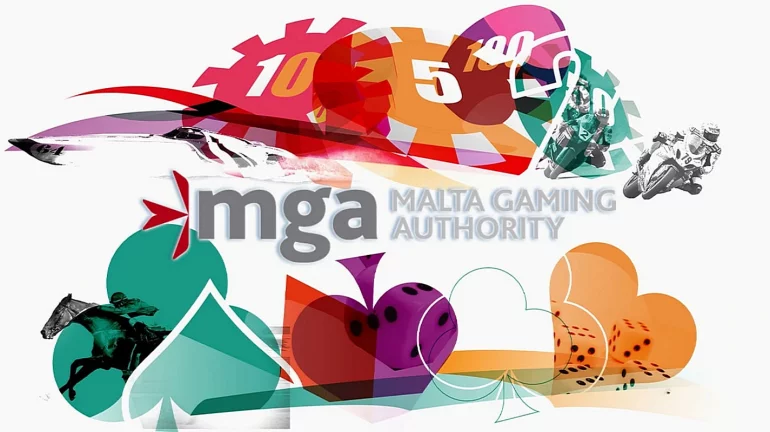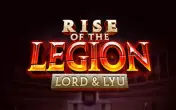
About Malta Gaming Authority
If you see this logo in any online casino, its license was issued by the Malta Gaming Authority, often abbreviated as MGA.
It regulates all forms of gambling in Malta, including:
- casinos,
- poker rooms,
- bingo halls,
- national and other lotteries,
- bookmakers,
- online resources engaged in such activities.
Today, more than five hundred different gambling clubs operate under the Malta license.
The primary mission of MGA is the following:
...to regulate various sectors of the world of gambling and lotteries, which are subject to the department's authority, providing all players with the fairness and transparency of gambling, preventing crimes, corruption, and money laundering, as well as protecting small and vulnerable players.
The council, headed by Nicholas Xuereb, manages the Malta Gaming Authority. As a government body, all five members of the Board are appointed by the Minister of Finance for a term of no more than three years. MGA controls its strategic development and monitors compliance with the standards.
The legal address of the Malta Gaming Authority, the list of casinos it has licensed, the board members, and other detailed information about this department can be found on its official website: www.mga.org.mt.
| Casino | Regulators | Deposit methods | ||
| — |
+13
|
Play | ||
| — |
+6
|
Play | ||
| Gambling Inspection of Sweeden |
+6
|
Play | ||
| — |
+5
|
Play | ||
| — |
+3
|
Play | ||
| — |
+7
|
Play | ||
| — |
+7
|
Play | ||
| — |
+3
|
Play | ||
| Malta Gaming Authority UK Gambling Commission |
+12
|
Play | ||
| Malta Gaming Authority |
+9
|
Play |
Why Are MGA Licenses in Demand?
MGA licenses are popular among operators of online gaming. Here are the main reasons:
- stable management system,
- strong legal framework,
- loyalty to gambling,
- Malta's membership in the European Union,
- the EU passport issues licenses,
- the country's privileged position.
On Casinoz, you can find reviews of many online casinos licensed by the Lotteries and Gaming Authority. They include Inter, Unibet, Betfair, and others.

































